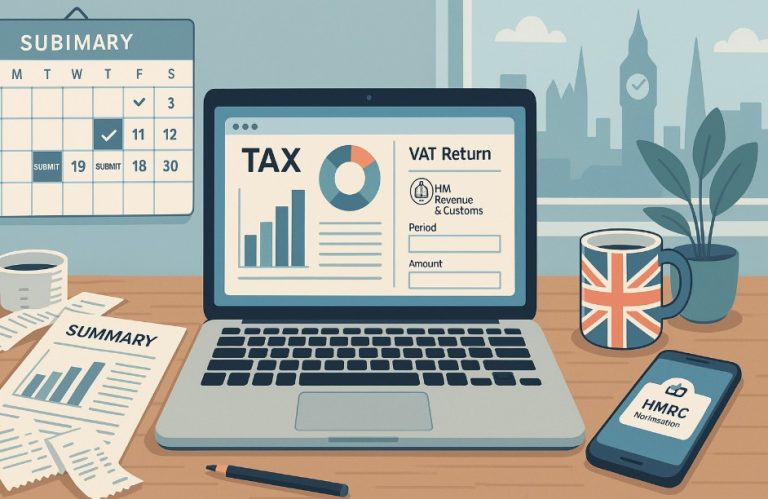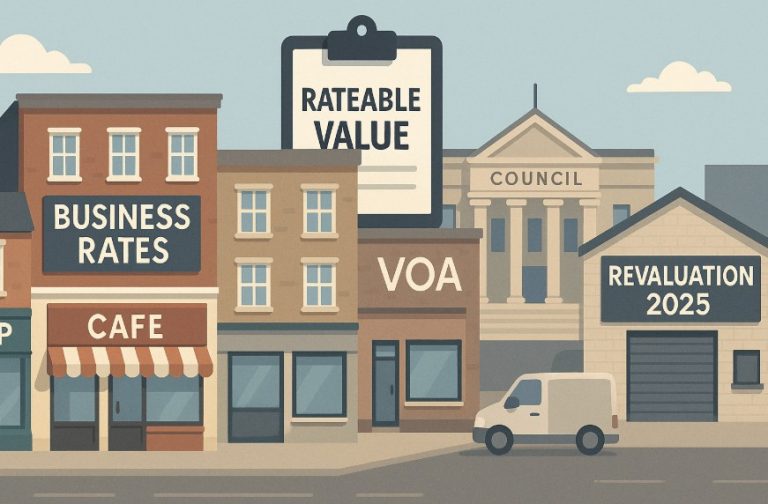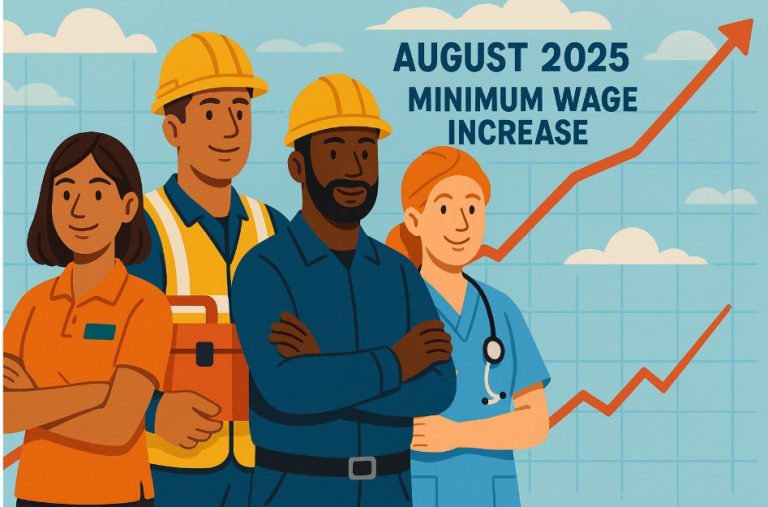PIP Payment Reforms UK 2026 – What Are the Major Changes and How Will They Affect Claimants?
What is happening to Personal Independence Payment from 2026, and how will it affect millions in the UK? In a move that will reshape the support structure for people living with disabilities and long-term health conditions, the UK Government has announced significant reforms to Personal Independence Payment (PIP). These changes are set to begin in November 2026, affecting both new and existing claimants.
The reforms, which fall under the broader vision of welfare modernisation, are part of the Pathways to Work Green Paper and the ongoing efforts by the Department for Work and Pensions (DWP) to make the benefit system more targeted and sustainable.
But while the Government presents these reforms as steps toward a fairer and more efficient support model, disability rights groups and millions of PIP recipients are voicing deep concern over what the changes will mean in practice.
With nearly 3.7 million people currently on PIP, the scale of impact is unprecedented, and understanding the nuances of these reforms is now essential.
What Are the Key Features of the New PIP Reforms in the UK?

The revised PIP system will maintain several core principles: the benefit will remain non-means-tested, tax-free, and excluded from the Benefit Cap.
Payments will continue to rise annually in line with inflation, ensuring some level of protection against the cost of living increases.
However, it is the eligibility criteria, assessment process, and points scoring system that are undergoing the most significant overhaul.
The DWP aims to focus support more narrowly on individuals with the most severe functional limitations. From November 2026, PIP claimants will need to score at least 4 points in a single activity under the daily living component to qualify.
This is a major shift from the current model, where points are accumulated across various activities, allowing for more flexibility in demonstrating need.
In practical terms, this change means that even if someone scores a combined total of 8 or 12 points across different categories (currently qualifying them for standard or enhanced rates), they could be disqualified if none of those individual scores reach the required 4-point threshold in a single category.
Why Has the Points Scoring System Been Overhauled?
The revision of the points scoring system stems from the Government’s aim to better identify and prioritise those with the most substantial support requirements. According to the DWP, this change will:
- Improve targeting of financial support
- Reduce discrepancies in assessment outcomes
- Address inconsistencies in how claims are evaluated, especially for fluctuating conditions
While intended to streamline the process, the new scoring rule has raised serious concerns. Individuals with multiple moderate disabilities may no longer qualify, despite clearly needing ongoing support.
This is particularly worrying for people with mental health conditions, learning difficulties, or neurological disorders that may not fall neatly into one severe impact category but still cause extensive daily challenges.
It has been estimated that up to 800,000 people could lose their eligibility for PIP under these new scoring rules. The Government, however, maintains that the revised model will create a more functional and consistent approach.
How Will Eligibility Criteria and Assessments Change?

The PIP application and assessment processes are also evolving. Several notable updates have been proposed for implementation in 2026, including:
- Raising the minimum application age from 16 to 18: The Government argues this better aligns PIP with adult benefit systems and reflects the increasing focus on school and educational support for younger claimants.
- Increase in face-to-face assessments: These had reduced significantly during the COVID-19 pandemic. The Government now plans to reintroduce them on a wider scale, while still retaining some remote assessment options where appropriate.
- Stronger emphasis on medical evidence: Greater reliance will be placed on clinical documentation provided by NHS professionals, specialists, and support organisations.
- Enhanced digital access: Online claim submission and updates will be further developed to improve ease of use and reduce processing times.
These changes are intended to improve decision-making accuracy and reduce reliance on appeals.
However, many fear that increased face-to-face scrutiny could disproportionately affect vulnerable individuals who find such settings stressful or difficult to navigate.
What Happens to Existing PIP Claimants After November 2026?
The impact of these changes on current recipients depends entirely on their review date. Those whose awards are up for review before November 2026 will be reassessed under the existing rules.
If the award is extended beyond that point, they may retain their current payment level.
In contrast, those whose review falls after November 2026 will be evaluated under the new criteria. This means that even if you are currently receiving PIP, your entitlement could change, possibly significantly after your next review.
| Scenario | Assessment Criteria Used |
| Review before November 2026 | Current (pre-reform) system |
| Review after November 2026 | New system with revised scoring |
| New claim from November 2026 | New eligibility rules in full |
It’s strongly recommended that claimants check their PIP award letter to verify the next review date and start preparing accordingly.
What Will Happen to PIP in Scotland?
Scotland is undergoing a separate transformation in disability support with the introduction of the Adult Disability Payment (ADP) under Social Security Scotland.
The ADP effectively replaces PIP for Scottish residents and is being rolled out progressively across the country.
As of January 2025, approximately 35,000 people in Scotland were still receiving PIP. Although it’s not confirmed when the full migration will complete, once a person is moved to ADP, they will be exempt from the 2026 PIP changes.
However, new complications are emerging. Labour’s plans to replace the Work Capability Assessment with a Universal Credit health element, which would be tied to receipt of the PIP daily living component, may unintentionally disadvantage Scottish claimants.
Since Scotland no longer uses PIP, questions remain about how eligibility for this UC top-up will be assessed. The DWP has acknowledged this and confirmed ongoing discussions with the Scottish Government.
How Much Support Does PIP Currently Offer?

PIP currently provides financial support in two parts: the daily living component and the mobility component.
Depending on the severity of the condition and the assessment outcome, claimants may receive one or both components at either the standard or enhanced rate.
According to recent DWP data, 17% of claimants, around 617,000 people, are in work while receiving PIP.
Payments range from £29.20 to £187.45 per week, amounting to a potential £749.80 every four weeks for those receiving both components at the enhanced rate.
Despite the reforms, the Government has confirmed that PIP will continue to be:
- Non-means-tested
- Tax-free
- Uprated annually with inflation
- Excluded from the Benefit Cap
This ensures that at least the financial value of the benefit remains protected, even if eligibility becomes more restricted.
What Can Claimants Do to Prepare for the Changes?
In light of the 2026 reforms, there are several proactive steps that current and prospective claimants can take to safeguard their entitlement.
Maintaining comprehensive records is vital. Claimants are encouraged to keep a diary that captures how their condition affects them in day-to-day life. This doesn’t need to be a daily log but should include key instances such as:
- Inability to complete tasks safely
- Forgetting medication
- Emotional distress or pain during routine activities
This diary can be used as evidence during assessments or appeals. In addition, claimants should:
- Save a copy of their PIP 2 evidence form. If this was submitted via post, request a copy from the PIP enquiry line: 0800 121 4433
- Attend and document medical appointments, including counselling or physiotherapy
- Seek support from charities and specialist organisations related to their condition, as their documentation can strengthen a claim
These actions create a clear “evidence trail” that can be vital in future reviews or challenges.
What Do the Reforms Mean for the UK’s Welfare Strategy?

The PIP reforms are part of a larger ambition to reshape disability support within the UK, aligning it with a more “functional outcomes” approach. However, critics argue that these changes may prioritise cost-cutting over compassion.
There is also growing concern that the new system will disproportionately impact people with:
- Mental health conditions
- Neurological or learning disabilities
- Fluctuating or less visible illnesses
The removal of cumulative points scoring, in particular, has been labelled a “blunt instrument” that fails to reflect the realities of many disabled people’s lives.
As the DWP continues its consultation process, advocacy groups and legal professionals are pushing for revisions and safeguards before the final framework is implemented.
FAQs About PIP Payment Reforms UK 2026
Will I automatically lose PIP in 2026 if I don’t meet the new scoring criteria?
Not automatically, but if your review falls after November 2026 and you don’t meet the revised criteria, your award may not be renewed.
Are the reforms going to affect all claimants across the UK?
The reforms apply in England, Wales, and Northern Ireland. In Scotland, PIP is being replaced by ADP, which is not subject to the new UK-wide changes.
Is the value of PIP payments changing?
No. The rates will continue to rise annually in line with inflation, and the payments remain tax-free and non-means-tested.
Can I appeal if I am denied PIP under the new rules?
Yes. The appeals process remains in place, and legal support or advice from charities is recommended if your award is reduced or stopped.
Will the reforms affect mobility payments too?
Currently, most reforms focus on the daily living component. However, mobility criteria may also face review as the new system is finalised.
How can I check if my award will be reassessed under the new system?
Your PIP award letter will state your review date. If it is after November 2026, the new rules will apply.
Will ADP in Scotland remain similar to PIP?
ADP shares many features with PIP but is run by Social Security Scotland and offers a more person-centred approach. It is exempt from the 2026 changes.







